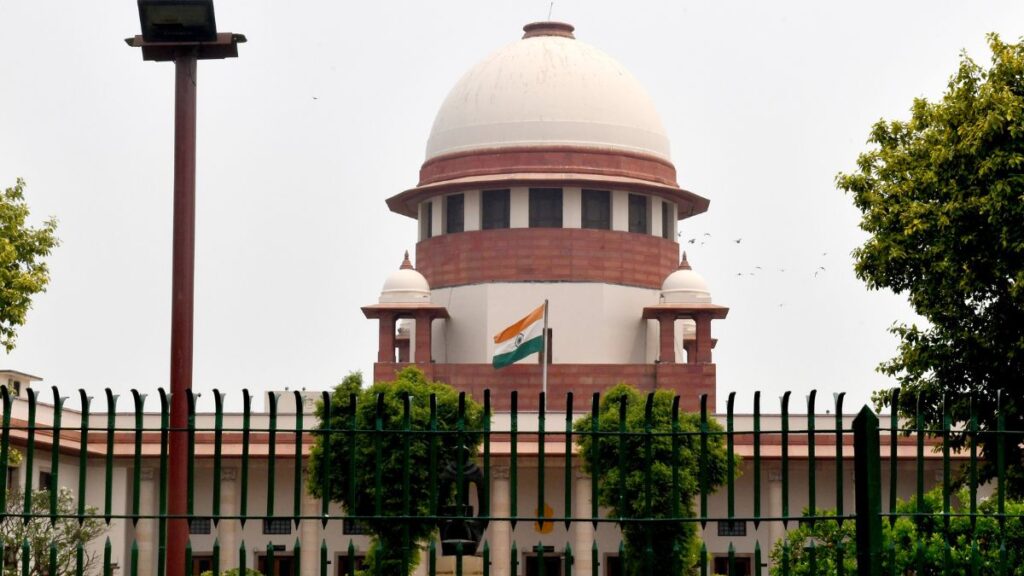‘Media trials’ are outlawed by the Supreme Court, and MHA is ordered to create guidelines.

The Supreme Court has asked the Ministry of Home Affairs to prepare a manual on how police should brief the media about criminal cases. The court is concerned about the impact of “media trials” on the administration of justice. A media trial is when the media reports on a criminal case in a way that prejudices the outcome of the case. The court wants to ensure that police briefings do not result in media trials.
The court has also asked the Director Generals of Police (DGPs) of all states to submit their suggestions for the manual. The court has also asked the National Human Rights Commission (NHRC) to provide input on the matter.
The court said that the issue of media trials is important because it affects the interests of the victim, the accused, and the public at large. The court also said that media reports on crime-related matters can involve many aspects of public interest.
“In its fundamental essence, the right to freedom of speech and expression, as well as the media’s right to convey ideas and news, are intertwined. However, caution must be exercised to prevent a ‘media trial.’ People have a legitimate right to access information, but if crucial evidence is disclosed during an investigation, it can impact the course of the investigation,” as reported by NDTV, the apex court stated.
This case pertains to two crucial matters: firstly, the procedures to be followed by the police during encounters, and secondly, the protocols that police must adhere to when conducting media briefings during ongoing criminal investigations. While the former issue was addressed in the 2014 judgment of PUCL v. State of Maharashtra, the Court’s current focus is on the latter.
The Supreme Court was examining a petition related to a 2017 directive on the same subject. At that time, the court had instructed the government to establish rules for police briefings that respect the rights of both the accused and the victim, ensuring that neither party is prejudiced or violated in any way. The court had given a six-week deadline to produce a draft report.
The court emphasized that the accused under investigation is entitled to a fair and impartial inquiry, and at every stage, they are presumed innocent. The court expressed concerns about media reports that implicate the accused, deeming such reports as unfair.
In March, the Chief Justice of India (CJI) urged journalists to uphold standards of accuracy, impartiality, and responsibility in their reporting. The CJI noted that selective quoting of speeches and judgments can distort the public’s understanding of important legal matters, emphasizing the complexity and nuance of judges’ decisions.
The government, represented by Additional Solicitor General Aishwarya Bhati, assured the court that guidelines for police briefings to the media will be formulated and released. She stated, “The government will provide updates to the court.”
The court raised questions about how the police should be trained for media briefings and inquired about the government’s actions regarding their 2014 instruction.
Senior lawyer Gopal Shankaranarayan, acting as an amicus curiae, referred to sensationalized media reports related to the Aarushi case and concurred that while the media cannot be prevented from reporting, the police need to be sensitive in their interactions with the media.
The case is scheduled for the next hearing in the second week of January 2024.